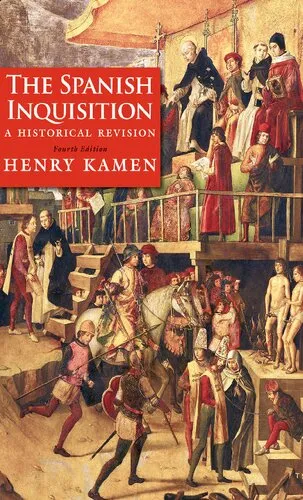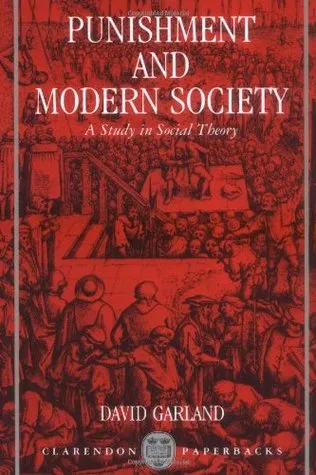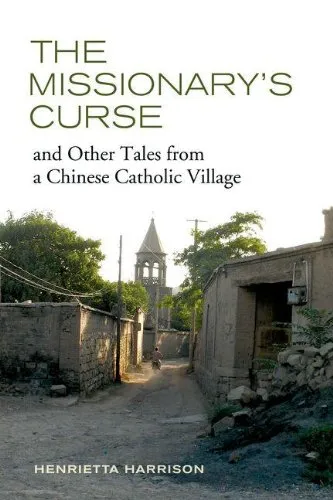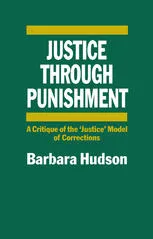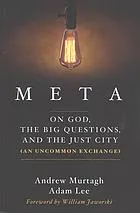The Spanish Inquisition: A Historical Revision
4.0
Reviews from our users

You Can Ask your questions from this book's AI after Login
Each download or ask from book AI costs 2 points. To earn more free points, please visit the Points Guide Page and complete some valuable actions.Related Refrences:
Introduction to 'The Spanish Inquisition: A Historical Revision'
Welcome to an in-depth exploration of "The Spanish Inquisition: A Historical Revision," a comprehensive work that re-evaluates one of the most discussed yet often misinterpreted chapters in history. Authored by Henry Kamen, this book delves into the myths, realities, and lasting impressions left by the Spanish Inquisition. As a critically acclaimed revision, Kamen's narrative challenges preconceived notions and provides new insights into the political, social, and religious climate of the era.
Summary of the Book
The Spanish Inquisition is often portrayed as a period of rampant religious fanaticism characterized by brutal persecution and systemic oppression. However, Henry Kamen's "The Spanish Inquisition: A Historical Revision" offers a nuanced perspective by meticulously re-examining historical documents and evidence. The book traces the Inquisition's origins, objectives, and operational methods, while providing context within the broader framework of European religious and political dynamics.
Kamen argues that the Inquisition was far less prosecutorial than traditionally believed. He highlights how its influence was often limited by political powers and local authorities who manipulated its machinery for their own ends. The narrative unfolds across various reigns, from Ferdinand and Isabella to the later Habsburgs, illustrating the complex interplay between monarchy, church, and inquisitorial power.
Through a detailed analysis of case records, Kamen illustrates that many common perceptions about the Inquisition - such as its ubiquitous presence in daily life and high mortality rates - are overstated. The book emphasizes the importance of understanding the Inquisition in its time rather than through the lens of modern values, clarifying misconceptions perpetuated over centuries.
Key Takeaways
- The Inquisition was more judicial than autocratic, often adhering to legal norms and regulations.
- Execution and torture were not as prevalent as popular culture suggests, with most trials resulting in penances and reconciliations.
- The influence of the Spanish Inquisition was not isolated; it was part of a broader European phenomenon of inquisitors combating heresy.
- Henry Kamen provides an essential re-assessment of the Inquisition's role and endurance, reshaping our understanding of its historical impact.
Famous Quotes from the Book
"Inquisition must be viewed as an integral part of the Spanish Kingdom’s administrative machinery, deeply interwoven into the religious and political fabric of Europe."
"The myth of the Inquisition as an engine of oppression is better understood as part of the conflict between different cultural and religious powers."
Why This Book Matters
"The Spanish Inquisition: A Historical Revision" is imperative for historians and the general reader alike because it dismantles longstanding myths with careful scholarship. Henry Kamen's approach to revisiting the Spanish Inquisition uses empirical evidence that upends the hyperbolic narratives of cruelty and tyranny commonly found in popular accounts.
By highlighting the complexities and often the relative moderation of the Inquisition's practices, Kamen enriches our comprehension of European history and the nuanced evolution of religious institutions. In an age where misinformation persists, this book stands as a bulwark of factual inquiry and intellectual honesty.
Free Direct Download
You Can Download this book after Login
Accessing books through legal platforms and public libraries not only supports the rights of authors and publishers but also contributes to the sustainability of reading culture. Before downloading, please take a moment to consider these options.
Find this book on other platforms:
WorldCat helps you find books in libraries worldwide.
See ratings, reviews, and discussions on Goodreads.
Find and buy rare or used books on AbeBooks.
1459
بازدید4.0
امتیاز0
نظر98%
رضایتReviews:
4.0
Based on 0 users review
Questions & Answers
Ask questions about this book or help others by answering
No questions yet. Be the first to ask!
